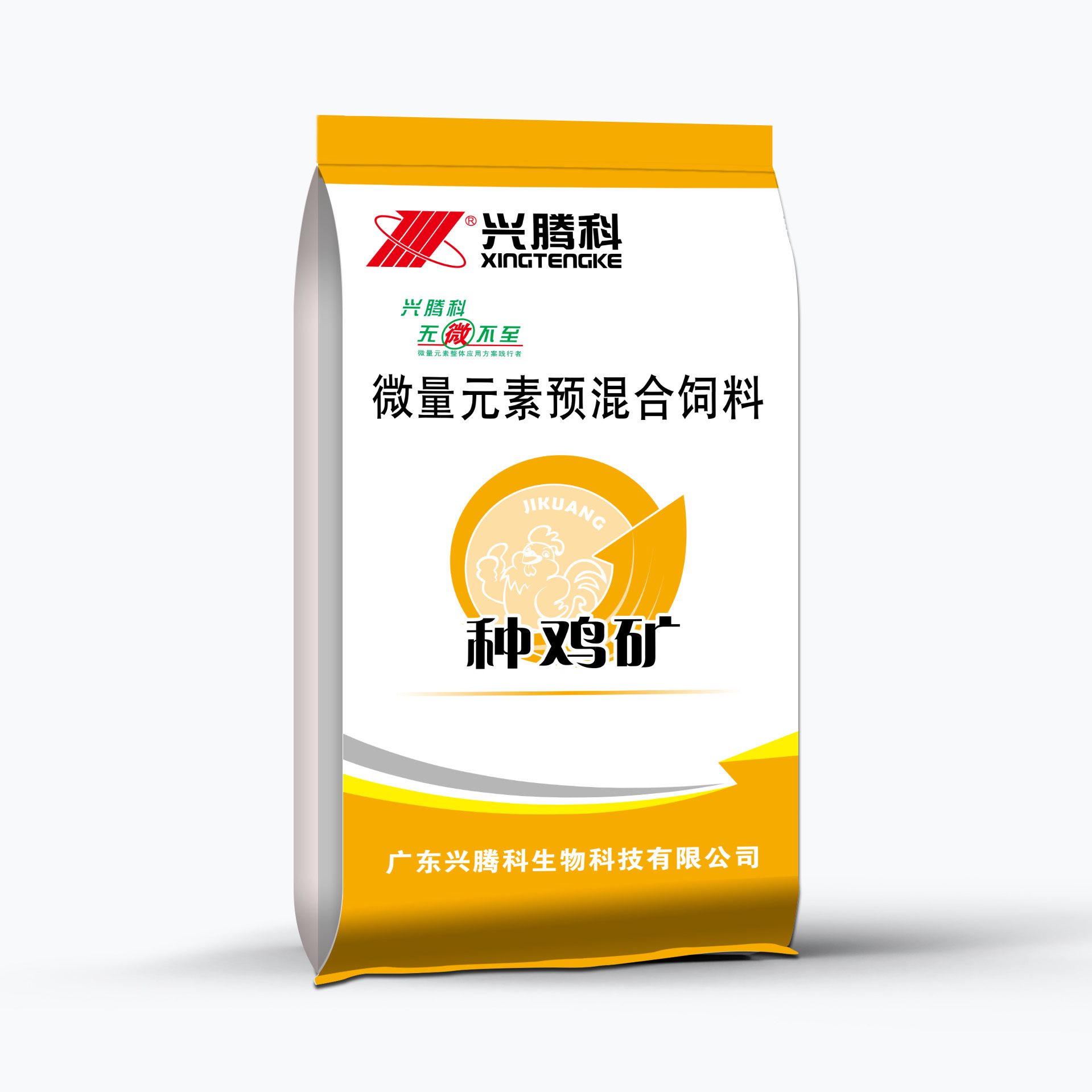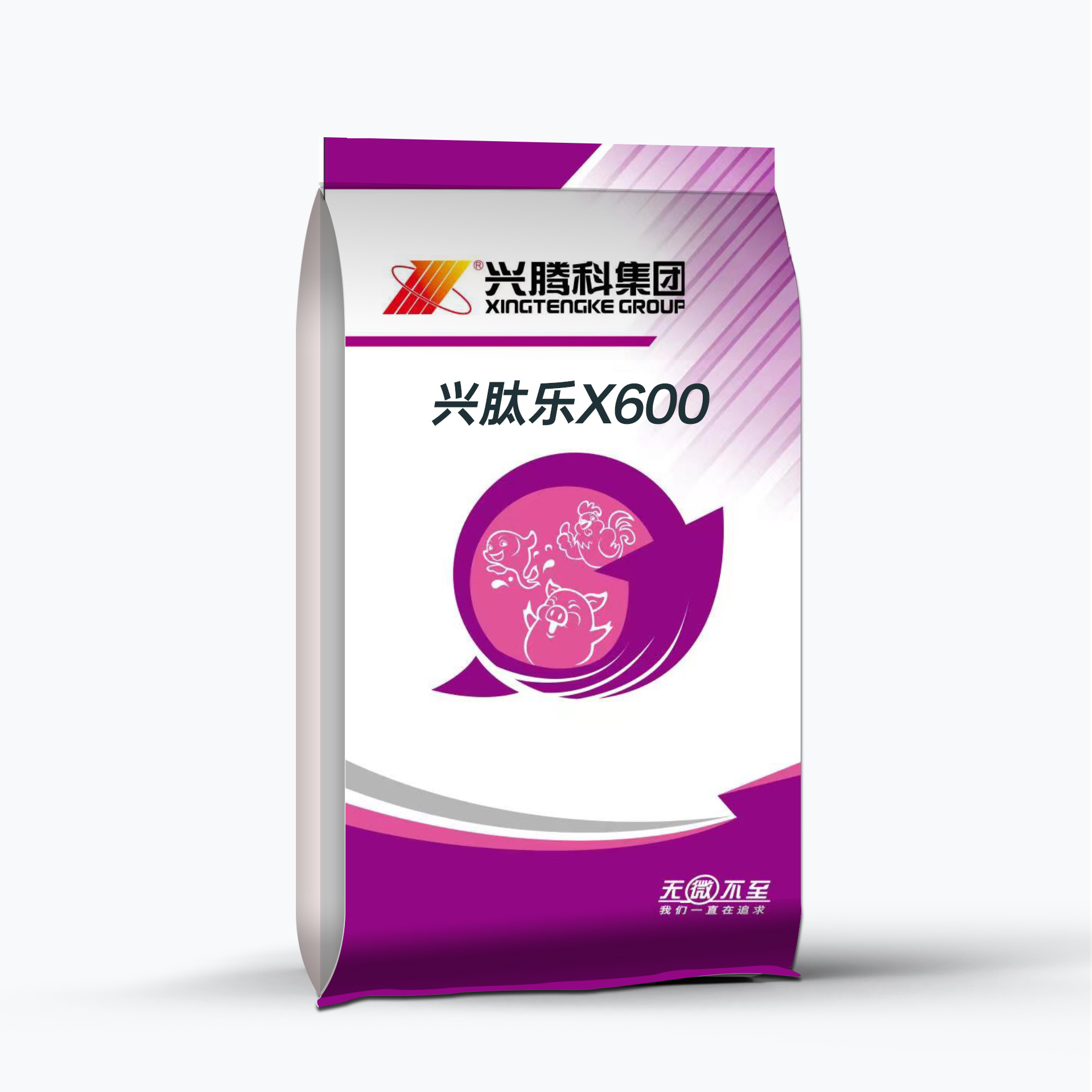Unlocking Optimal Growth: The Role of Compound Trace Minerals in Swine Nutrition
Release time:
2025-10-29 13:00
Source:
Unlocking Optimal Growth: The Role of Compound Trace Minerals in Swine Nutrition
Table of Contents
- Introduction to Swine Nutrition
- The Importance of Trace Minerals in Animal Health
- Understanding Compound Trace Minerals
- Sources of Trace Minerals in Swine Diets
- Roles of Trace Minerals in Swine Growth and Development
- Benefits of Trace Minerals for Farmers
- Implementing Compound Trace Minerals in Diets
- Common Questions About Compound Trace Minerals
- Conclusion: The Future of Swine Nutrition
Introduction to Swine Nutrition
Swine nutrition is a pivotal aspect of modern agriculture. As the demand for high-quality pork increases globally, the need for optimal growth and health in swine is paramount. Providing an efficient nutritional regimen that includes **compound trace minerals** is vital for enhancing swine growth rates, reproductive performance, and overall health. Trace minerals, while required in small quantities, play significant roles that can have far-reaching effects on farm productivity.
The Importance of Trace Minerals in Animal Health
Trace minerals are essential nutrients that contribute to various physiological functions in swine. These include:
- **Immune Function**: Minerals such as zinc, copper, and selenium boost the immune response, helping to protect against diseases.
- **Growth and Development**: Trace minerals are crucial for cell division and growth, impacting the overall development of swine.
- **Enzyme Function**: Many trace minerals act as cofactors for enzymatic reactions, facilitating metabolic processes that are vital for energy production and nutrient utilization.
Deficiencies in these minerals can lead to a range of health issues, including stunted growth, reproductive failures, and increased susceptibility to diseases.
Understanding Compound Trace Minerals
Compound trace minerals refer to mineral supplements that combine various trace elements into a single formulation. This may include elements like:
- **Zinc**: Vital for skin health and immune function.
- **Copper**: Important for iron metabolism and enzyme activity.
- **Manganese**: Plays a role in bone development and reproduction.
- **Selenium**: Antioxidant properties that protect cells from damage.
Utilizing compound trace minerals allows for more precise control over mineral intake, ensuring that swine receive a balanced diet that meets their physiological needs.
Sources of Trace Minerals in Swine Diets
Farmers can source trace minerals from various dietary components, including:
- **Mineral Premixes**: Commercial products designed specifically for livestock, providing the necessary minerals in the correct ratios.
- **Forage and Feed Ingredients**: Certain grains, legumes, and forages naturally contain trace minerals.
- **Supplemental Sources**: These include mineral blocks or powders that can be added to the feed.
Careful consideration should be given to the mineral content of feed ingredients to ensure swine receive adequate levels of essential trace minerals.
Roles of Trace Minerals in Swine Growth and Development
The role of trace minerals in swine growth and development can be categorized into several key areas:
Bone Development
Trace minerals such as calcium, phosphorus, and manganese are fundamental in developing strong skeletal structures. Adequate mineral supplementation can reduce the risk of skeletal deformities and improve overall growth rates.
Reproductive Performance
Copper and zinc are vital for reproductive health, influencing fertility and litter sizes. Enhanced trace mineral levels can lead to improved conception rates and healthier offspring.
Digestive Health
Trace minerals contribute to gut health, influencing the microbial population in the intestines. A balanced gut microbiome supports better nutrient absorption, leading to improved growth performance.
Benefits of Trace Minerals for Farmers
The application of compound trace minerals in swine diets is not only beneficial to the animals but also offers numerous advantages to farmers:
- **Improved Feed Efficiency**: Enhanced nutrient absorption leads to better feed conversion ratios, reducing overall feed costs.
- **Higher Market Value**: Healthier pigs yield better quality meat, which can command higher prices in the market.
- **Disease Resistance**: Strengthened immune systems help reduce veterinary costs associated with disease outbreaks.
Investing in compound trace minerals can significantly increase a farm’s profitability through improved health and productivity of swine.
Implementing Compound Trace Minerals in Diets
Proper implementation of compound trace minerals involves several strategic steps:
1. Assessing Nutritional Needs
Conducting a thorough analysis of the nutritional requirements based on the age, weight, and growth stage of the swine is critical. This assessment will guide the mineral supplementation process.
2. Choosing the Right Formulation
Selecting a high-quality mineral premix tailored to the specific needs of swine will ensure balanced nutrition. Consultation with a livestock nutritionist can be beneficial in this process.
3. Regular Monitoring
Monitoring the health and growth performance of the swine post-supplementation allows for adjustments in the nutritional program as needed. Regular veterinary check-ups can provide insights into the effectiveness of the trace mineral program.
Common Questions About Compound Trace Minerals
What are the signs of trace mineral deficiency in swine?
Common signs include poor growth rates, reproductive issues, skin lesions, and increased susceptibility to infections.
How can I ensure my swine are receiving enough trace minerals?
Regularly assess feed formulations, conduct nutritional analyses, and consult with a livestock nutritionist to ensure adequate mineral intake.
Are there any risks associated with excessive trace mineral supplementation?
Yes, excessive supplementation can lead to toxicity and negative health outcomes. Always adhere to recommended levels and consult with professionals.
Can trace minerals improve the quality of pork?
Yes, adequate trace minerals contribute to better meat quality by promoting overall health and reducing stress in swine, resulting in more tender and flavorful pork.
How often should I review my mineral supplementation strategy?
Regular reviews, ideally quarterly or bi-annually, are recommended to adapt to changing nutritional needs and market conditions.
Conclusion: The Future of Swine Nutrition
In conclusion, compound trace minerals play a vital role in optimizing swine nutrition. By enhancing growth, reproductive performance, and overall health, these minerals contribute significantly to the productivity and profitability of swine farming. As we move forward in the agricultural industry, a focus on evidence-based practices, including the strategic implementation of trace minerals in swine diets, will be essential for meeting the growing global demand for high-quality pork. Adopting these nutritional strategies will not only benefit farmers economically but will also ensure the health and well-being of the animals they care for.
compound trace minerals for swine nutrition









